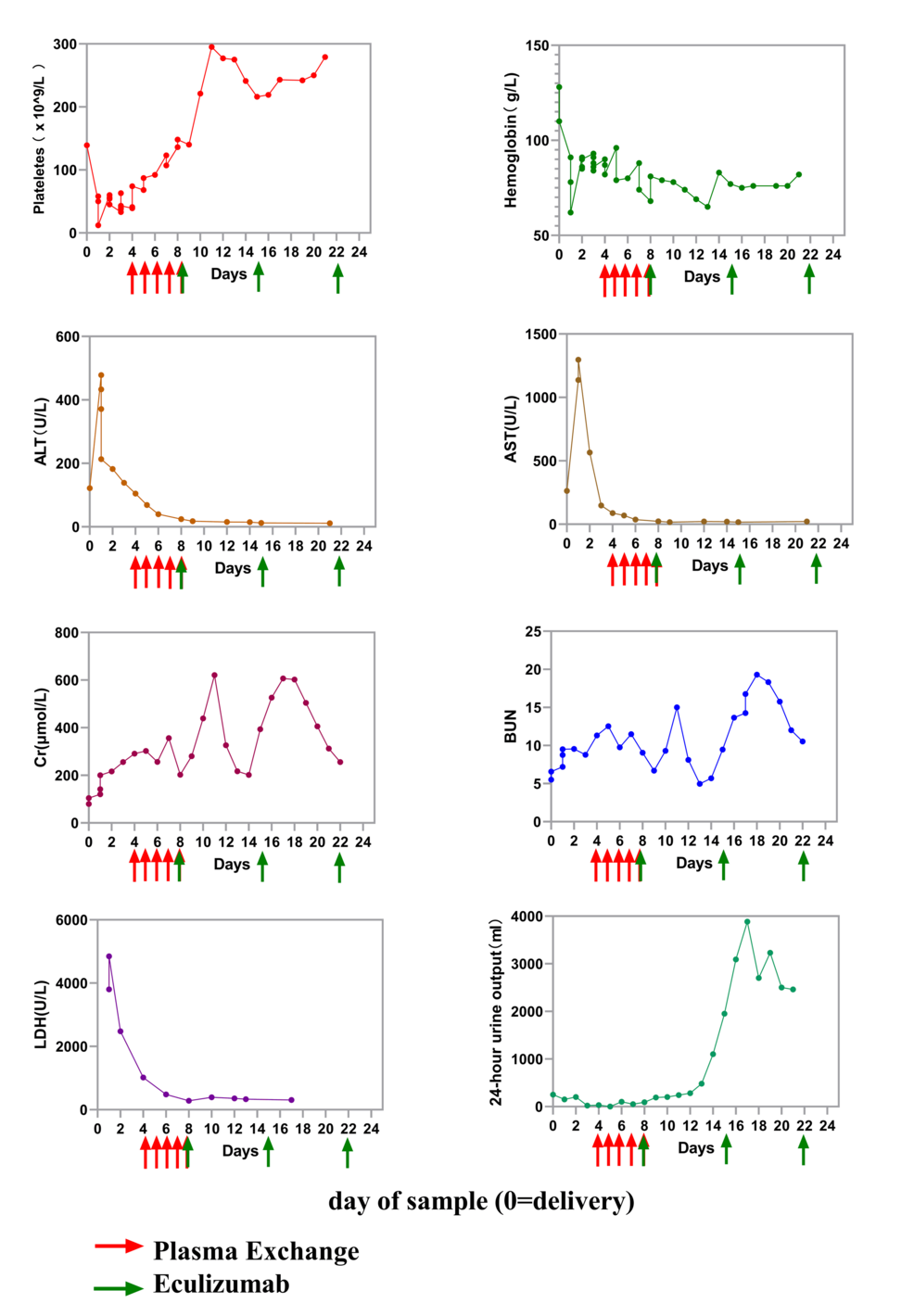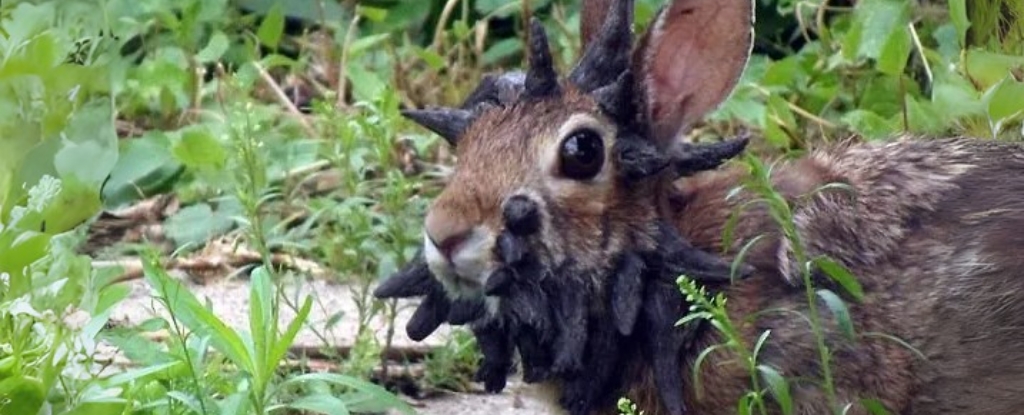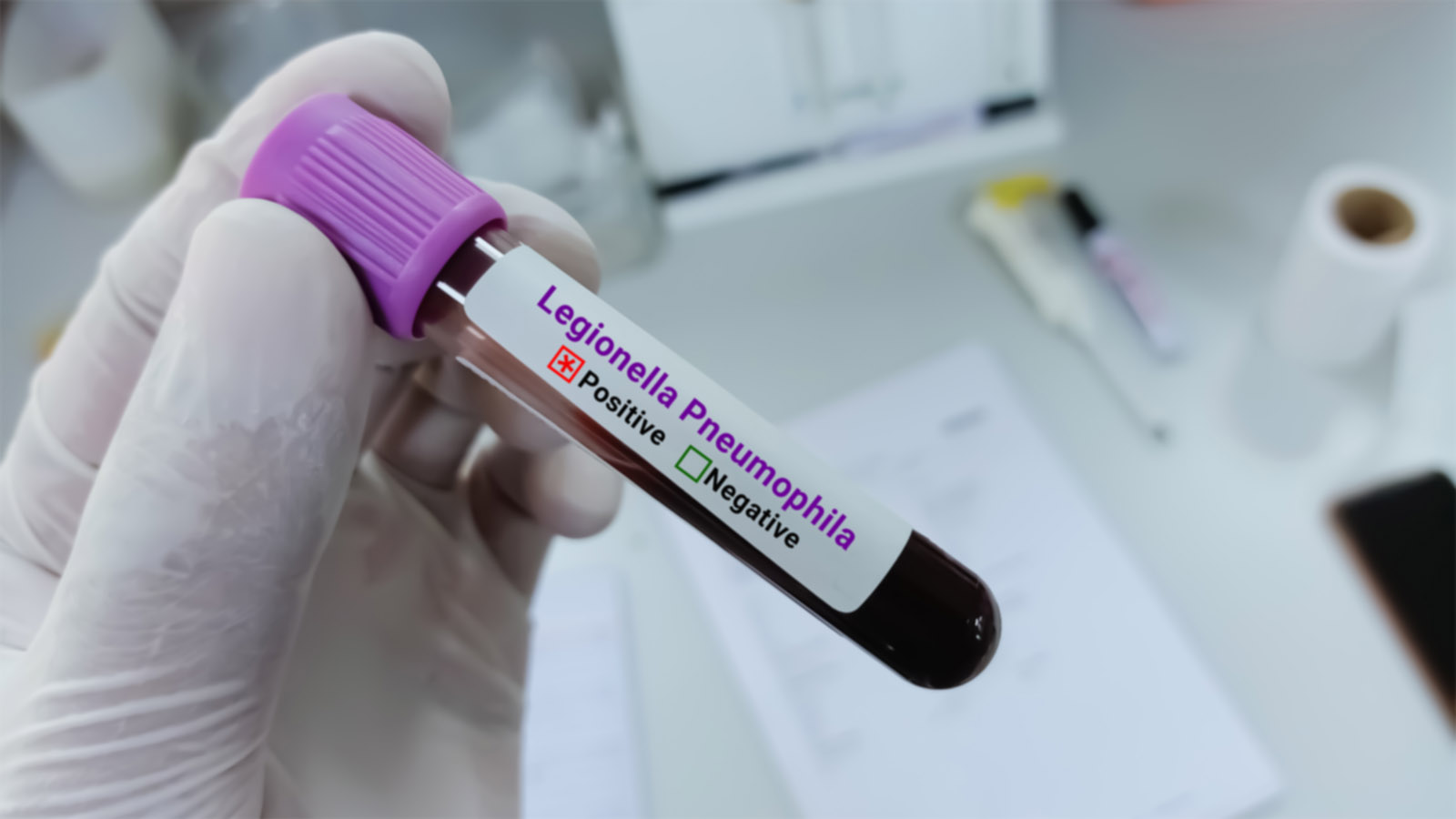Cook Islands Declares Dengue Fever Outbreak: Swift Action Implemented

The government of the Cook Islands has officially announced a dengue fever outbreak in Rarotonga, following the confirmation of two new cases this week. This uptick brings the total number of cases to seven within a span of just 18 days, surpassing the outbreak threshold and prompting immediate action to contain the virus. Officials are particularly concerned about preventing its spread to the outer islands, collectively known as Pa Enua.
In response to the outbreak, health authorities have launched a comprehensive initiative dubbed "Operation Namu25." This operation is designed to effectively eradicate mosquito breeding grounds and limit the transmission of dengue fever across the affected areas. As part of this initiative, a community-wide clean-up campaign has been set in motion, alongside focused vector control measures that include targeted spraying in regions most impacted by the outbreak. Furthermore, there is an emphasis on collaboration with Pa Enua to ensure these islands remain free from the virus.
Local agencies, including various island councils, are working hand-in-hand with national authorities to bolster this public health effort. Outer island communities are also gearing up to implement localized responses to avert the potential spread of the disease beyond Rarotonga. Health Secretary Bob Williams highlighted the gravity of the situation, particularly noting that recent rainfall and elevated humidity levels have contributed to increased mosquito activity. He stated, "We urge everyone to help stop the spread of dengue in our communities. By working together, we can protect our families and prevent dengue from reaching the Pa Enua. Let's take action now."
All clinics and health facilities across the islands are currently on high alert and are well-prepared to manage any further cases. The World Health Organization (WHO) and various regional health partners have been notified about the outbreak to facilitate support and resource sharing. Although there are no travel restrictions in effect at this time, travelers are strongly advised to adopt various precautions. These include using insect repellent, wearing long sleeves, and ensuring that their accommodations implement appropriate mosquito control measures.
Dengue fever itself is a viral infection transmitted primarily by the Aedes aegypti mosquito and is characterized by symptoms such as high fever, severe headaches, joint and muscle pain, and skin rashes. In its severe form, dengue can lead to serious health complications, often requiring hospitalization. Given the potential severity of the illness, the success of Operation Namu25 ultimately hinges on active community participation. Residents are encouraged to eliminate standing water around their homes, which provides ideal breeding conditions for mosquitoes. Simple yet effective actions—such as tipping out water from containers, covering water storage units, and clearing away debris—can significantly reduce mosquito populations.
Moreover, the Ministry of Health has reiterated the importance of seeking medical attention at the first signs of symptoms associated with dengue fever. Early detection and treatment are critical not only for individual recovery but also for the broader goal of preventing the illness from spreading in the community.



















